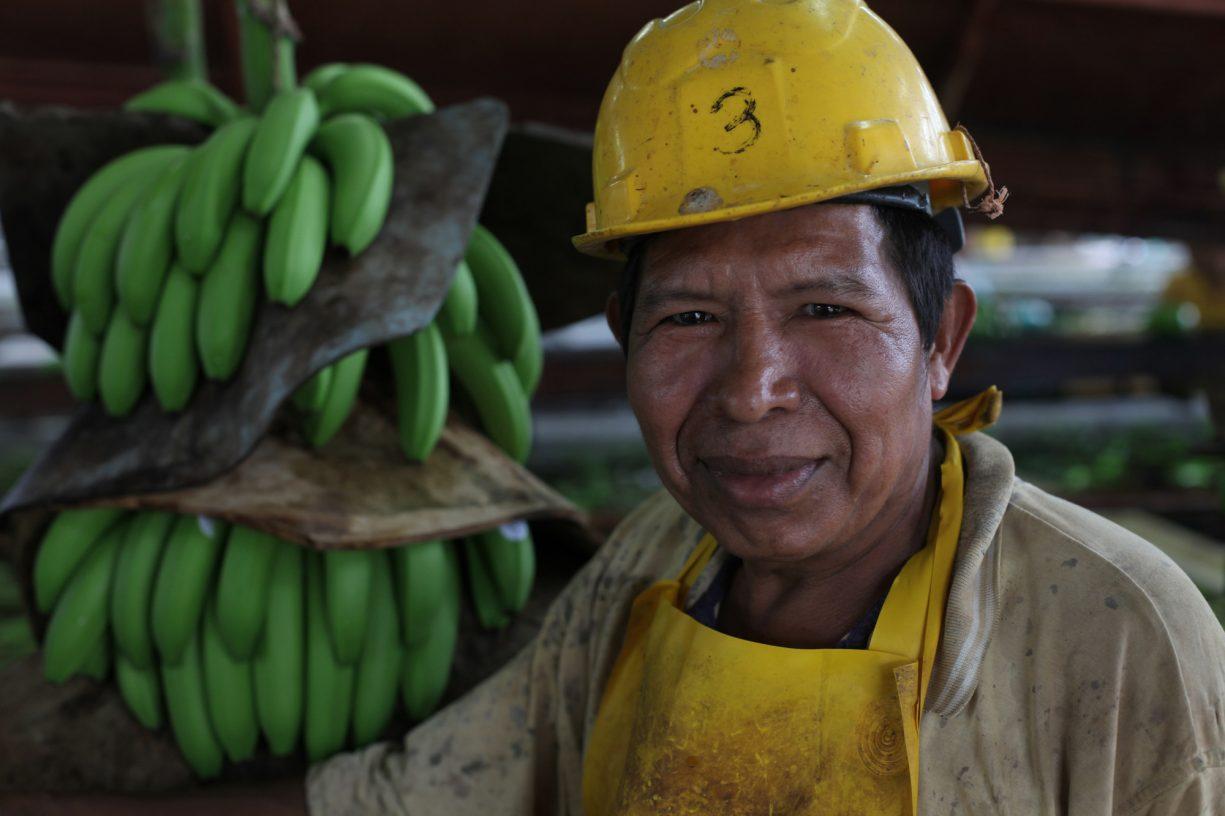The pattern of persecution against anti-corruption defenders in Guatemala must end.
As head of the Special Prosecutor’s Office Against Impunity (FECI), former public prosecutor Virginia Laparra had led investigations into corruption and large-scale crime. While leaving her office in Quetzaltenango on February 23, 2022, she was arrested, detained and arraigned on trumped up charges. She spent almost two years in pretrial detention. On July 8—without sufficient evidence or due process of law—Virginia Laparra was convicted of disclosure of confidential information and sentenced to five years (commutable at the rate of 5 quetzales per day) and a fine of 50,000 quetzales (approximately US$6,500). In addition, the conviction bars her from practicing law for five years and disqualifies her from holding public office for ten years.
Her conviction on July 8 is part of an ongoing pattern of criminalization of human rights defenders, journalists and others who have been fighting against corruption and impunity to make the mechanisms of justice possible. Because of the ongoing climate of persecution of anti-corruption law defenders, Virginia Laparra announced on July 18 that she would flee the country. Her exile means that she will join more than 50 other members of the judiciary, journalists, Indigenous leaders and others who have fled the country (2019-2023) after denouncing harassment against them by the Public Ministry.


